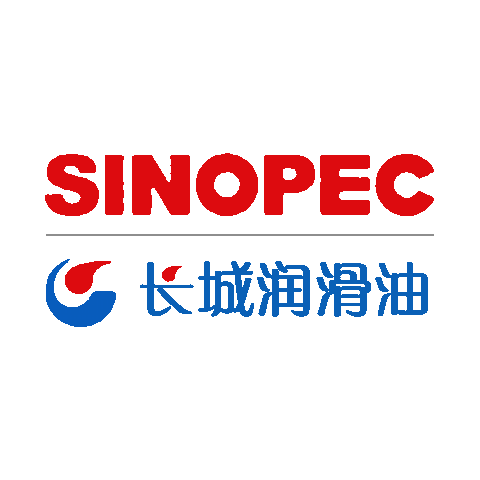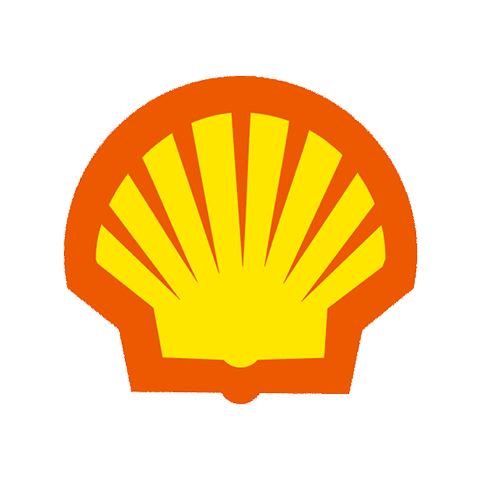Formerly a brand of Fram Square (formerly Honeywell's automotive consumer goods division), Beston was acquired by KIK Custom Products in 2016 after several changes. Best began producing ethylene glycol-based antifreeze as early as 1927 and was the first company in the world to produce automotive antifreeze from ethylene glycol feedstock. With an annual supply of 500 million liters, the company has ranked first in the North American automotive aftermarket in terms of antifreeze sales, and is also the original antifreeze supplier to General Motors, Chrysler and Ford.
One of the most striking features of Best Antifreeze is its patented Organic Acid (OAT) technology, which can be mixed with any other color or brand of glycol-based antifreeze (except anhydrous coolant). The latest Kujia series is imported from the original, with a boiling protection temperature of 129 °C (under 15 pounds of water tank pressure), a freezing point of -37 °C, and the addition of Cor-Guard formula, a patented inhibitor of Baishitong, is almost non-corrosive, and the replacement cycle is 5 years and 250,000 kilometers, but the price is high, 400 yuan a barrel (3.78 liters).
Compared with the Kujia series, the flagship series will be much more cost-effective, the stock solution is imported into China for filling, the AF2100CN of the flagship series has a condensation point of -37 °C, and the boiling protection temperature is 129 °C (under the pressure of 15 pounds of water tank), which is the same as the Kujia series, and there is a AF2058CN under the same series, with a condensation point of -50 °C, and the replacement cycle is also 5 years and 250,000 kilometers, and the price is only 129 yuan a barrel (3.78L).
The higher the proportion of the original solution, the wider the applicable temperature, the ratio of 70:30 can reach the boiling protection temperature of 136 °C, the condensation point of -64 °C, suitable for use in extreme working conditions. However, under normal circumstances, consumers are advised to use pre-mixed antifreeze, because the water added by the manufacturer in the production process will be more pure, and the conditions at the time of mixing are cleaner.









